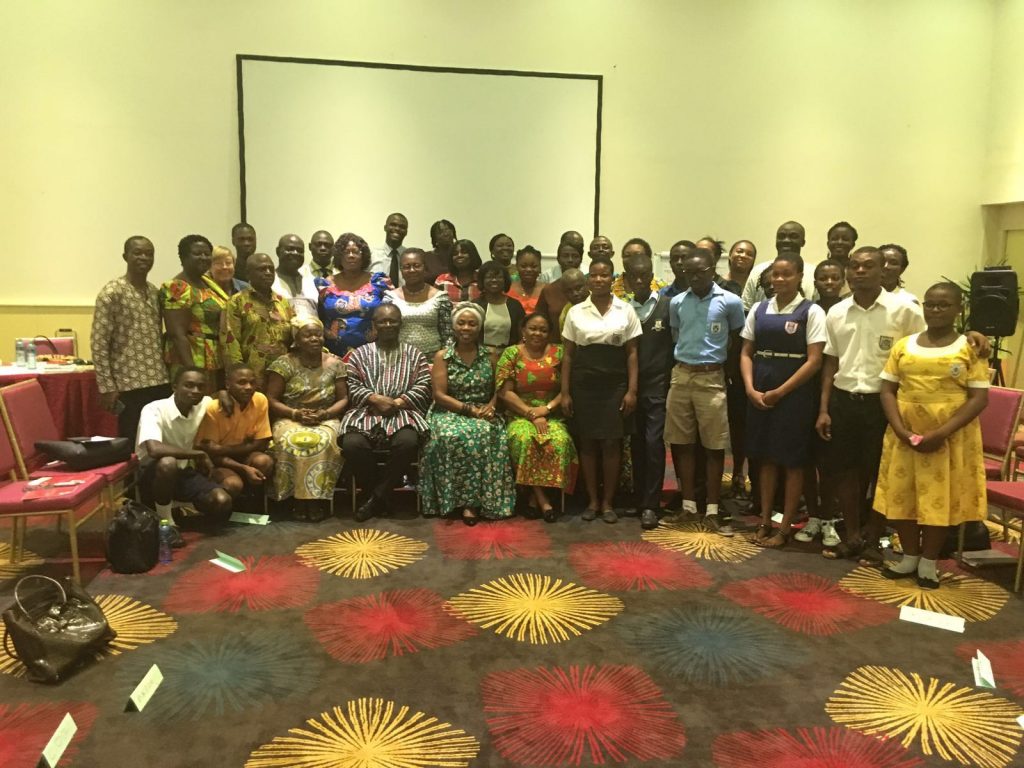Challenging Heights attends UNICEF workshop about corporal punishment
Last week was a major step forward for our Advocacy Officer, Akua Duah, and her anti-corporal punishment campaign. She, along with numerous stakeholders from five regions in Ghana attended a workshop sponsored by UNICEF and the Ghana government to work through the issues that surround the use of corporal punishment in Ghana.
The workshop began with the participants defining what it meant for a school to be safe. The regional directors for the Ghana Education system, guidance and counselling representatives, head teachers, a clinical psychologist and the police all agreed that school safety goes beyond just the physical structure of the school and includes how children are treated there. They were able to come to the conclusion on their own that the use of corporal punishment undermines school safety.
The workshop then went on to challenge some of the participants beliefs about the use of corporal punishment. At the beginning, the participants all agreed that beating children is not acceptable, but many were not convinced that banning corporal punishment was the appropriate action for schools in Ghana. Many argued that corporal punishment should be used, but moderately and only by certain staff members at the school. After watching videos of the caning in practice at schools in Ghana and hearing from students, it became clear to the participants that the idea of what “moderate” means when it comes to using corporal punishment is entirely subjective and that there is no real way to place any kind of regulation on the severity of physical punishment.
Finally, the participants then were led to question why they believed that corporal punishment should be used. Through discussing a variety of other discipline techniques and reward based systems, the stakeholders came to understand that there are a number of other tools at their disposal when it comes to disciplining children and working to reinforce positive behaviour. After examining their underlying beliefs about physical discipline and its alternatives, the participants came to the conclusion that the main reason they felt that corporal punishment should be used is because corporal punishment was used on them as children, and furthermore, they agreed that is not a compelling reason to continue to use corporal punishment.
We are looking forward to the opportunity to work with these other leaders and educators to help change the culture surrounding corporal punishment in Ghana.
